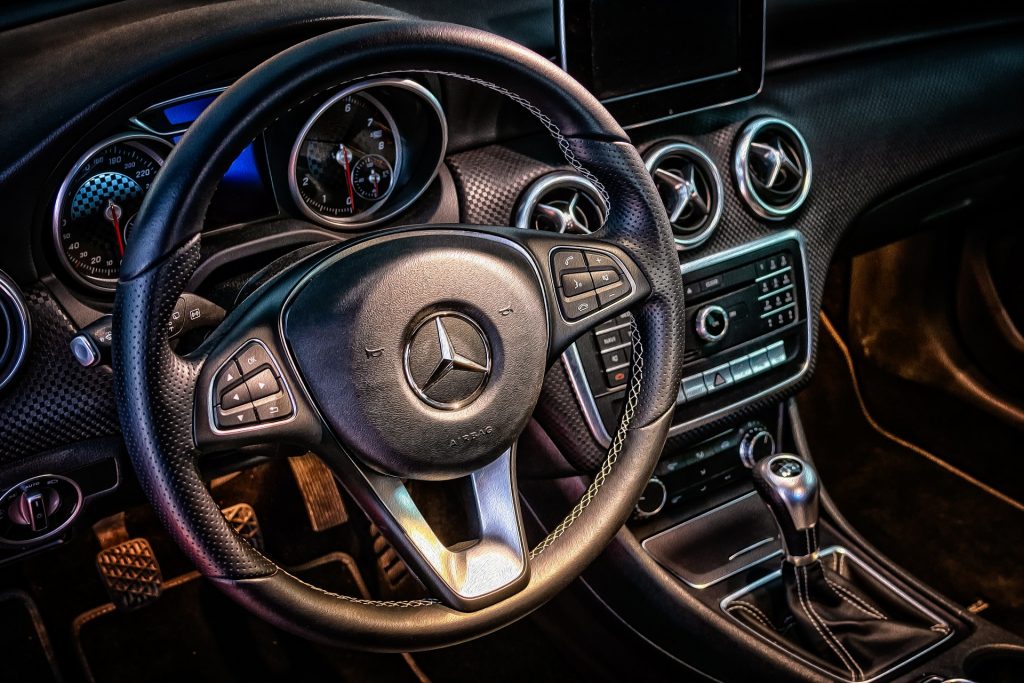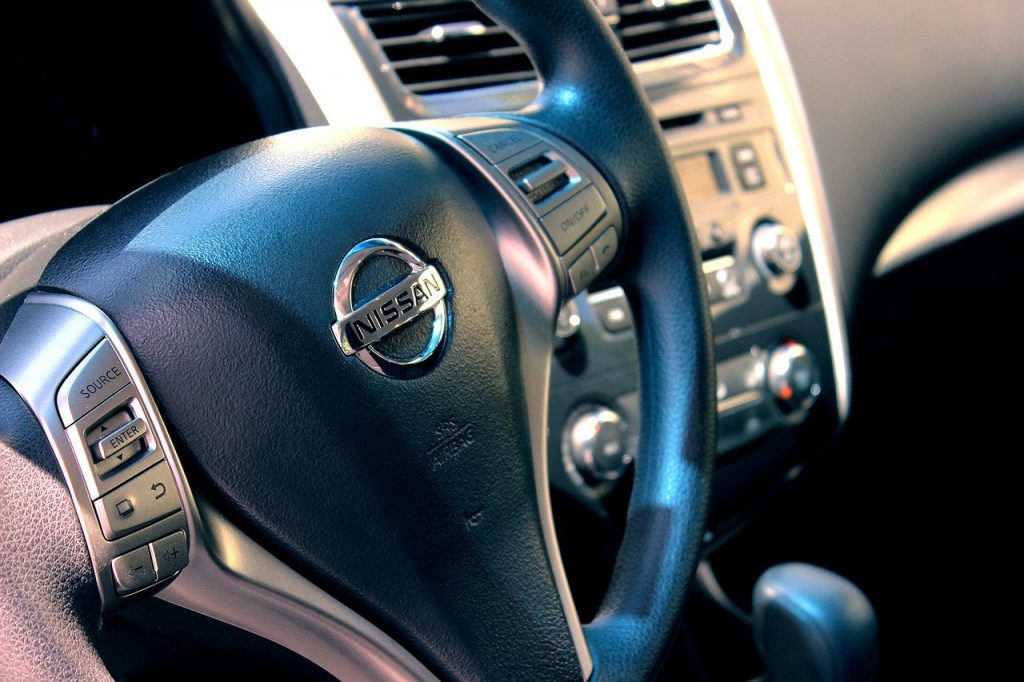
With the amount of heat and friction generated by the interacting parts of a transmission, it is common for them to work down faster than any other parts of a vehicle. And the less you take this seriously, the worse the problem will get.
Considering how inconvenient and expensive transmission repairs or replacements are, it is crucial to ensure that they are well maintained and that any sign of a problem is tackled immediately. But how do you know there is an issue with your transmission? Below are a few signs you want to look out for. If you notice any of them, have your vehicle checked by a professional as soon as possible to prevent them from developing into something way worse.
Signs Your Transmission Is Failing
You know the transmission is failing if your vehicle is exhibiting any of the following symptoms below:
Symptom #1: Even though the car has no power, the engine is running correctly.
Symptom #2: The car will not shift or will take some time to shift after you engage the clutch.
Symptom #3: The check engine light, also known as the overdrive light, is on.
Symptom #4: The engine is revving high.
Symptom #5: The transmission fluid, which is essential for the lubrication and cleaning of the seals, is leaking.
Symptom #6: There is a burning smell when you start the car.
Symptom #7: There is a buzzing or clunking noise from inside the transmission.
Symptom #8: Your car does not move even when you put it into gear.
Common Problems with Manual Transmissions:

While manual transmission vehicles, also known as manual shift or manual shift cars, are less and less popular nowadays, there are still drivers who prefer them to automatic ones. And just as automatic transmission vehicles, there are a few problems you may face with them. The most common being the gears grinding when shifting into gear and the clutch pedal grabbing too low or too high.
Problem #1: Grinding when Shifting into a Gear
Any grinding sound you hear in our vehicle is cause for concern. If your vehicle is running smoothly and without any shaking, or jerking, grinding, you know your car is in good condition. When it comes to the manual transmission, you can be sure that there is a problem with your gears if you hear any grinding sounds. This is manual transmissions indicate a problem: you’ll feel some resistance or hear a screeching sound when you shift into gear. This sound suggests that there is a problem with the gears.
If you hear that sound after engaging the clutch and shifting, then this is probably a sign of one of the following:
- The clutch has been worn down. In that case, they will need to be replaced or adjusted.
- It’s also possible that the shift synchronizer rings inside the transmission are damaged or worn-out gear.
- Transmission oil or fluid is too low.
- The wrong fluid has been used.
Problem #2: Too Much or too Little Slack in the Clutch Pedal
When the clutch pedal is pressed, the clutch disk should disengage the flywheel. You know you have a problem when the clutch disk fails to do so. This problem is often called ‘a dragging clutch’ and is exclusive to manual transmissions. Since this problem leads to the clutch is still spinning with the engine, changing gears is next to impossible. Difficulty in changing gears due to a problem with the clutch pedal will be accompanied by a grinding noise.
When you are faced with an issue caused by too much slack in the clutch pedal, you should expect the linkage between the clutch disk and pedal to not be able to pull the clutch disk away from the flywheel. Luckily, unlike other problems you may face with the manual transmission, resolving this problem costs considerably less than many other issues.
When the clutch pedal grabs very low, you know you have a problem or very high with the linkage or hydraulic system that operates the clutch. Not a complicated problem, you will typically only need to have a small adjustment or bleeding done by a mechanic if there are no hydraulic leaks. A clutch pedal that engages too high is also a problem. Clutch pedals grabbing very high are typically caused by a worn clutch disc and pressure plate.
Common Problems with Automatic Transmission
Unlike manual shift cars, automatic transmissions do not make a grinding noise. Instead of the typical smooth transmissions you are used to, there will be a certain amount of resistance when you wiggle into gear at first. If left unattended, this problem can get worse and lead to a transition from one gear to another become more jarring and involve more shaking.



